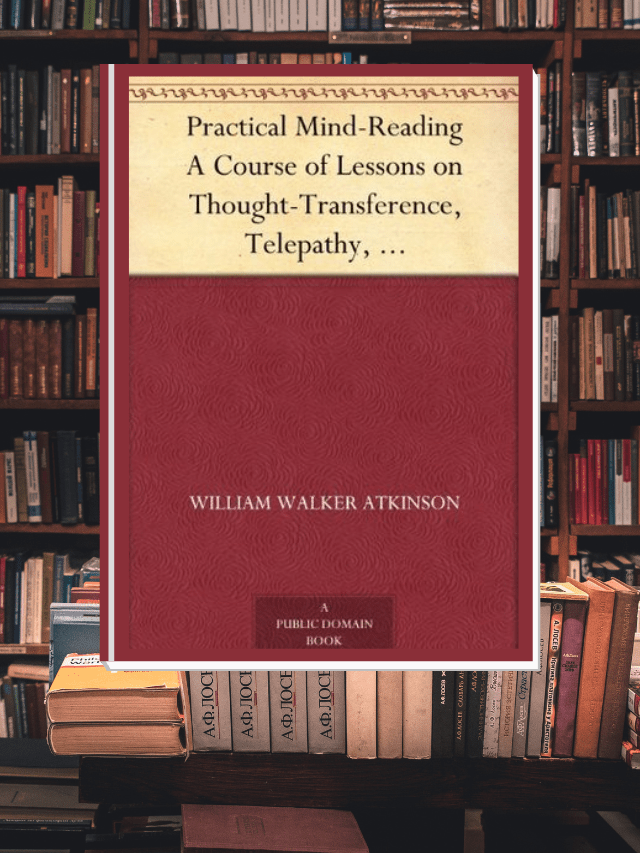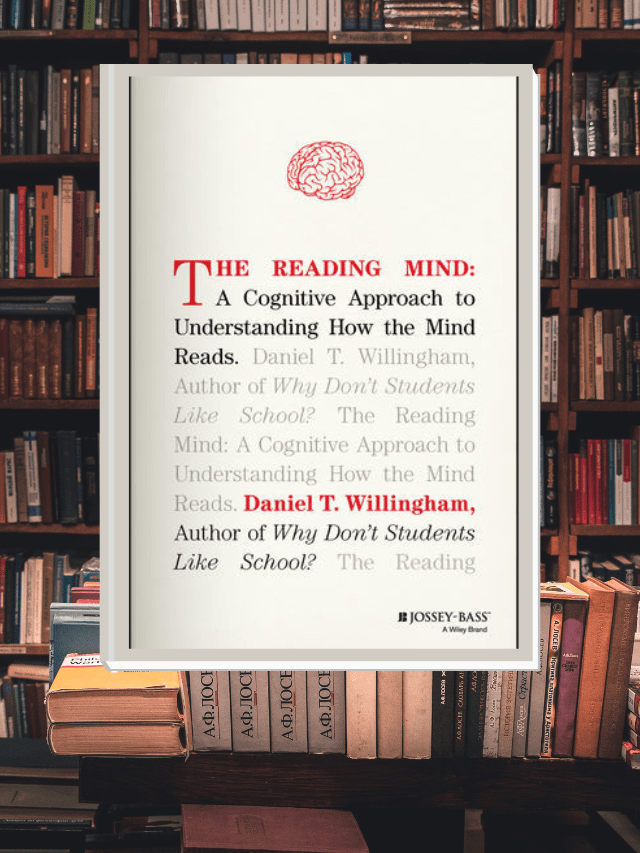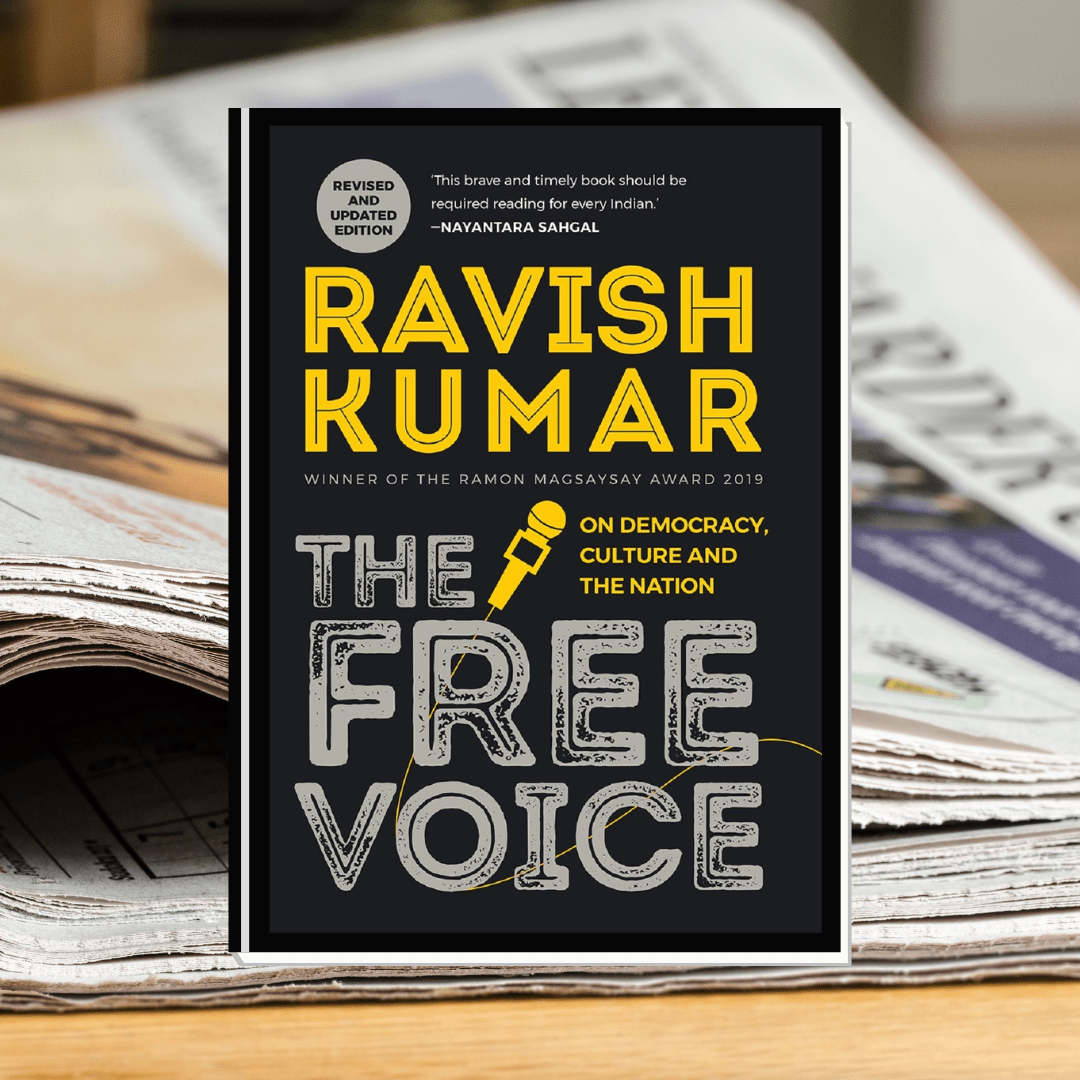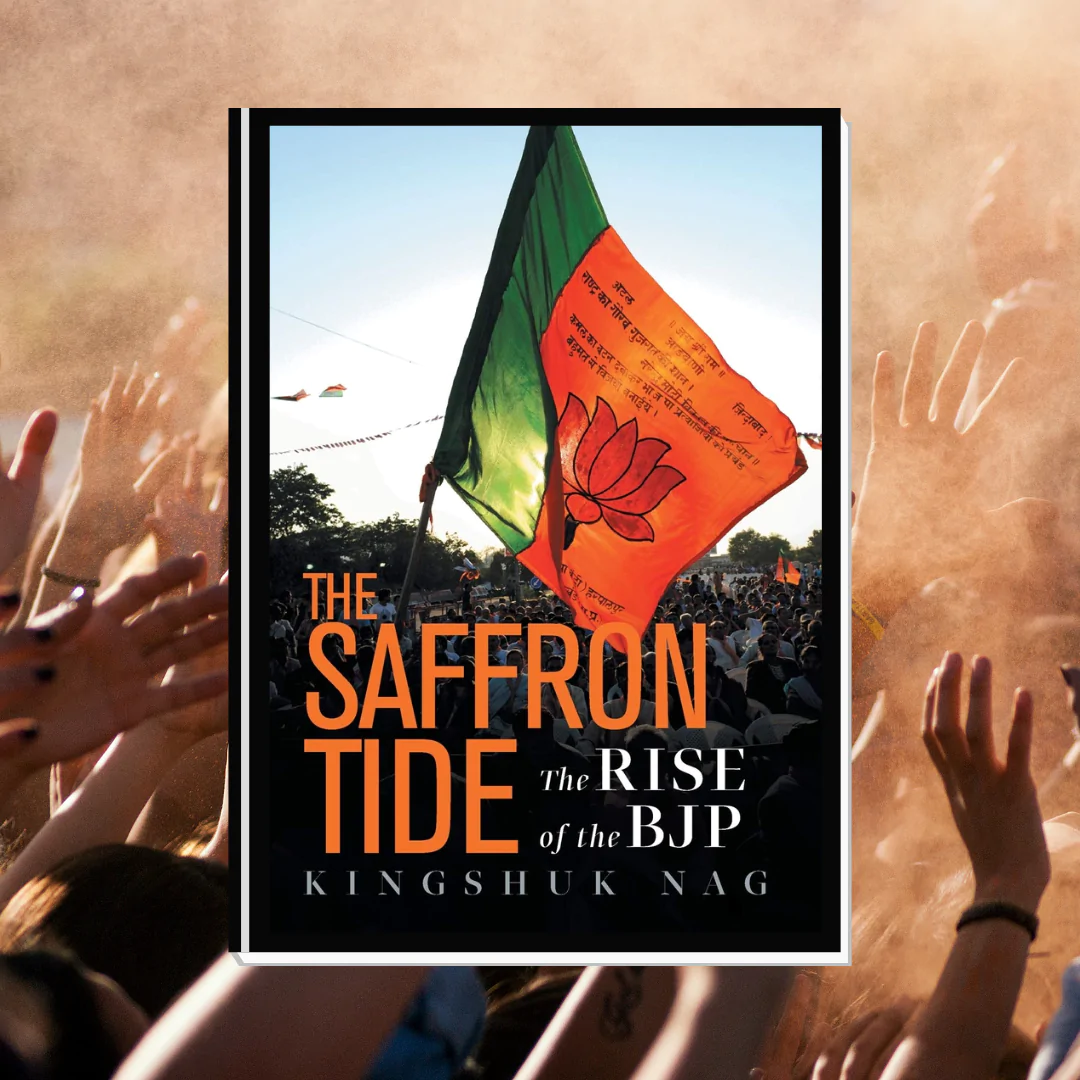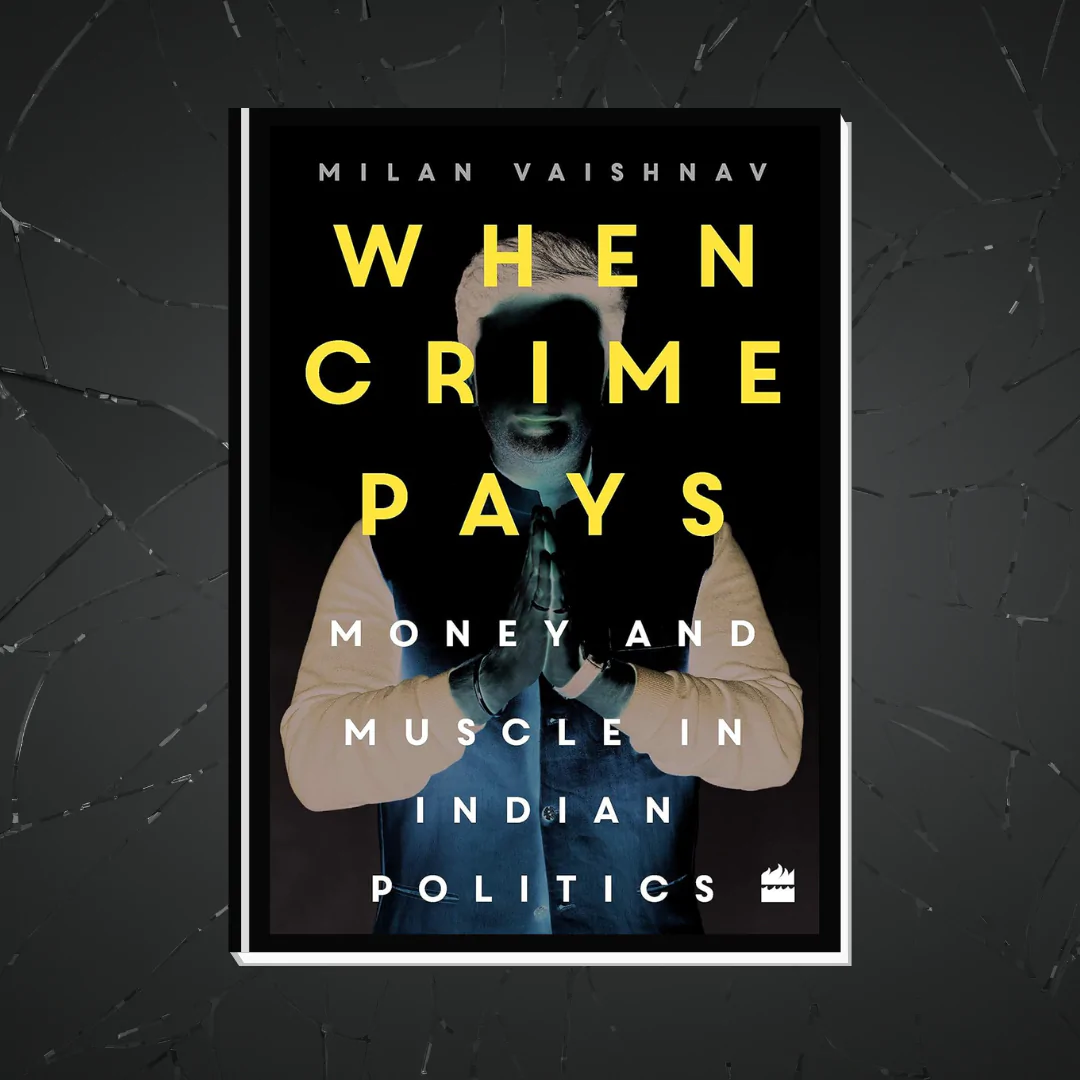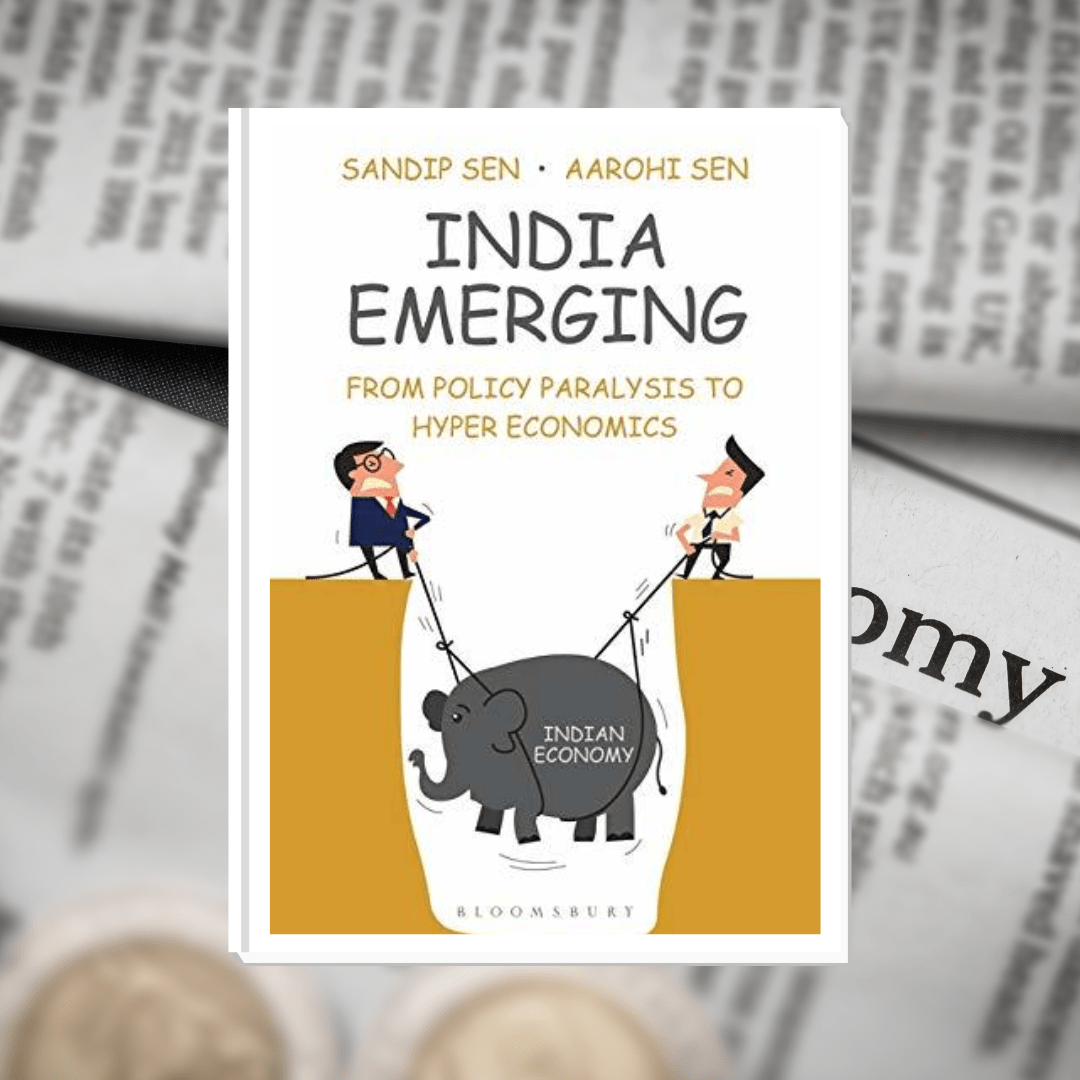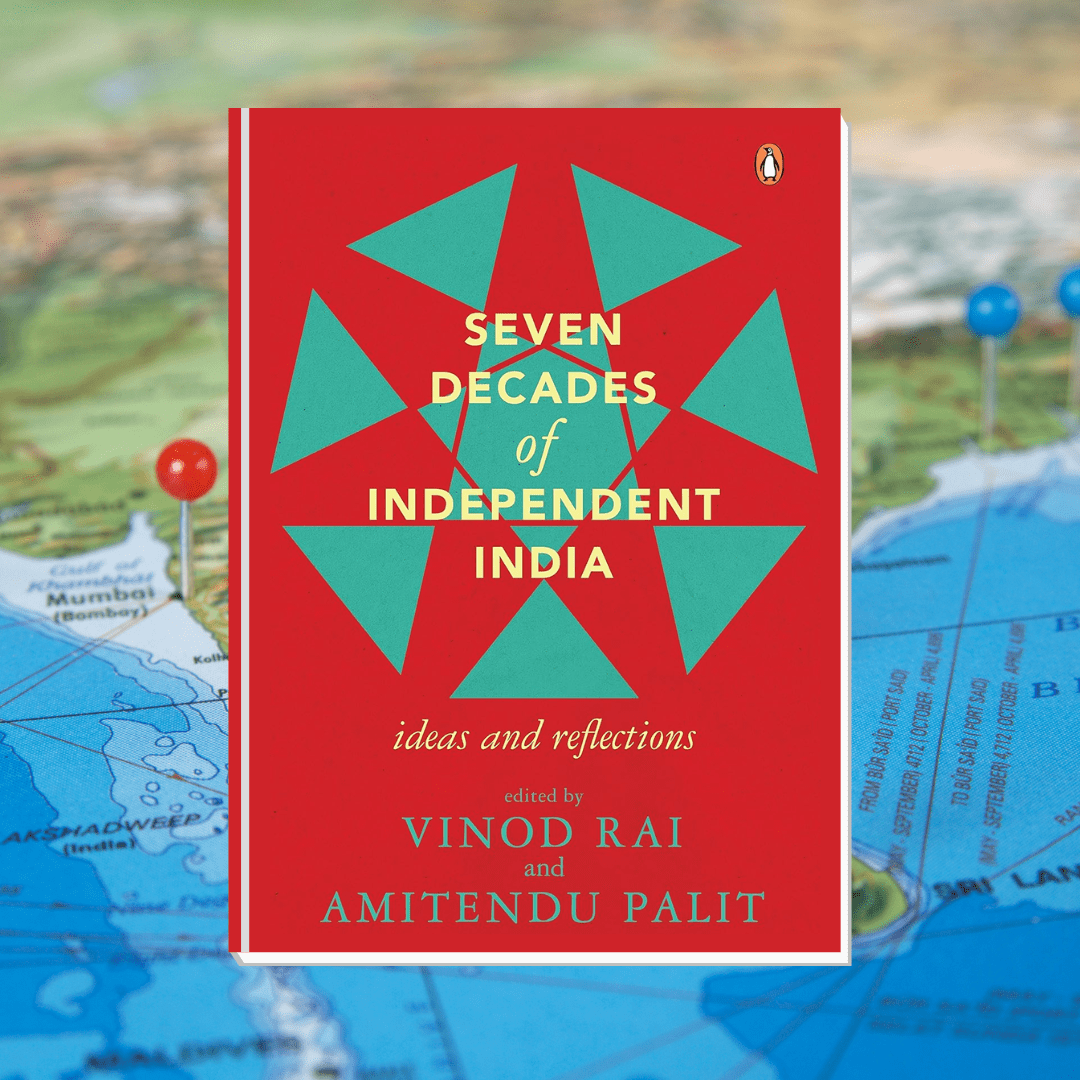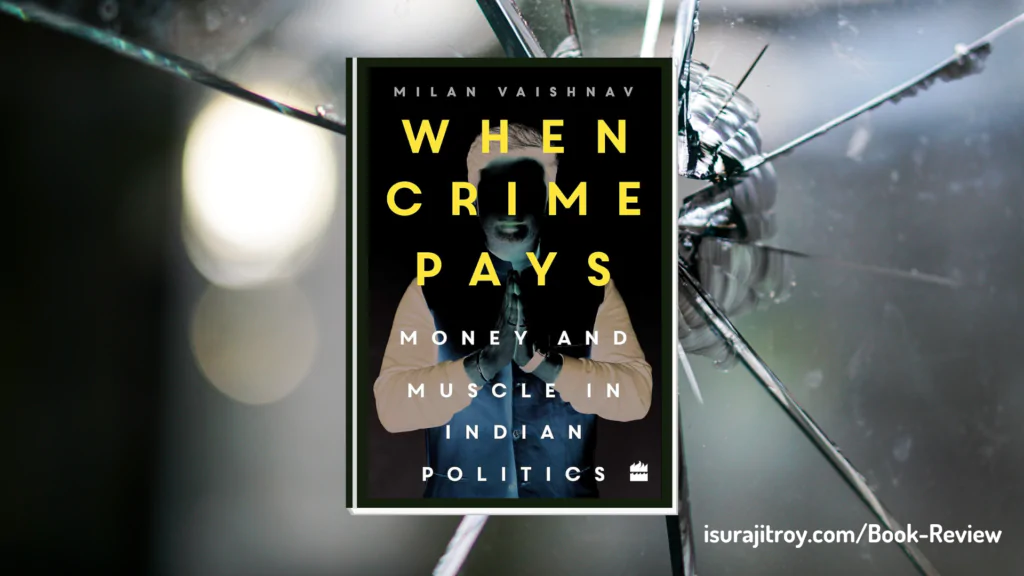
India, the world’s largest democracy, is a land of vibrant colors, rich history, and a complex political landscape. Yet, beneath the facade of a thriving democracy lies a disturbing phenomenon: the deep-rooted connection between crime and politics. This is precisely the issue that Milan Vaishnav tackles in his groundbreaking book, When Crime Pays: Money and Muscle in Indian Politics.
A Nation Grappling with Paradox
For an avid follower of Indian politics like myself, the central questions Vaishnav explores resonated deeply. How can a nation that prides itself on free and fair elections coexist with such a high prevalence of criminal activity among its elected officials? Why are political parties seemingly drawn to candidates with dubious pasts? And perhaps most unsettling, why do voters continue to elect—and re-elect—these very individuals, even when their criminal charges are a matter of public record?
Vaishnav’s book isn’t simply another critique; it’s a meticulously researched exploration that delves into the heart of this paradox. When Crime Pays provides a thorough analysis of the “marketplace” for criminal politicians in India by drawing on extensive fieldwork, in-depth surveys, and a special database that the author painstakingly compiled.
Unveiling the Marketplace for Muscle
Vaishnav doesn’t shy away from the gritty realities. He takes us on a journey through the often-murky world of election campaigns, where muscle and money play a significant role. We witness how criminal elements can provide vital resources – funding, manpower, and even a degree of intimidation – to political hopefuls. This “muscle” can be a game-changer, particularly in close contests, swaying voters through fear or by influencing the voting process itself.
The book delves deeper, exploring the motivations of both political parties and voters. Parties, particularly those with weaker local roots, may find themselves drawn to candidates with established networks and the ability to mobilize resources, even if those resources stem from criminal activities. Voters, on the other hand, may make pragmatic choices, overlooking criminal charges in favor of a candidate perceived to be more effective in delivering essential services or representing their community’s interests.
Beyond Statistics: A Human Story
When Crime Pays isn’t just a dry academic treatise. Vaishnav weaves a compelling narrative, peppered with insightful anecdotes from his fieldwork. We encounter real people – politicians, party workers, and voters – whose stories illuminate the complex dynamics at play. This personal touch brings the subject matter to life, allowing readers to connect with the human dimension of this critical issue.
A Must-Read for Understanding Indian Politics
While the book delves into the depths of a troubling phenomenon, it’s not without hope. Vaishnav acknowledges the challenges but also proposes potential solutions, including campaign finance reform and a more robust legal framework to hold politicians accountable.
For anyone with a keen interest in Indian politics, When Crime Pays is a must-read. It’s a thought-provoking exploration that sheds light on a critical issue with far-reaching consequences for the world’s largest democracy. It’s a book that will stay with you long after you turn the final page, prompting reflection and potentially inspiring action towards a brighter political future for India.


